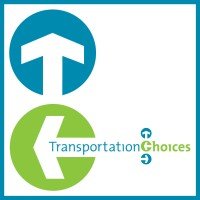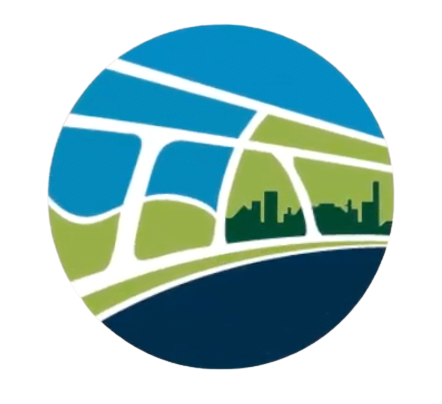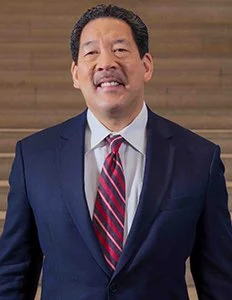King County Regional Task Force
The King County Regional Transit Safety Task Force is an action-focused coalition created to confront urgent safety challenges on transit and deliver a unified, countywide effort that protects operators, restores rider trust, and strengthens public space across the region.
A New Commitment to Transit Safety
The Regional Transit Safety Task Force was created to meet a moment that demanded more from all of us.
After a tragic loss and rising safety concerns across King County’s transit system, workers, agencies, and community leaders came together with a shared understanding: we need a better, more coordinated approach to protect the people who operate and rely on transit every day.
The King County Council formally established the Task Force to lead this work. Guided by the voices of operators, advocates, public safety experts, and local governments, the Task Force is charged with creating lasting, region-wide strategies that reflect care, accountability, and dignity.
This is not just about responding to crises. It is about building a stronger, safer future for public transit — together.
The Process
The Regional Transit Safety Task Force is advancing a unified process that brings together cities, counties, transit agencies, unions, law enforcement, and community partners to address transit safety challenges head-on. This work is structured across three coordinated phases, each grounded in collaboration, shared responsibility, and regionwide alignment.
Phase 1: Regional Task Force Kickoff
The Task Force launched with a regionwide kickoff convening over 120 stakeholders, including transit agencies, operators, law enforcement, union leaders, public health partners, community-based organizations, and city and county officials. This convening surfaced the most urgent transit safety challenges across jurisdictions, spotlighting the voices of operators, frontline staff, and riders. It established a shared understanding of the crisis, laid the foundation for interagency coordination, and catalyzed a collaborative effort to identify actionable next steps.
Phase 2: Collaborative Solution Design
Building on the issues raised in the kickoff, cross-sector working groups engaged in structured sessions to develop both immediate and long-term solutions. These sessions brought together experts and decision-makers from across agencies, cities, counties, transit systems, and communities. Each solution is rooted in operational realities and equity, addressing issues such as behavioral health, emergency response gaps, operator support, fare enforcement, rider accountability, and public communication. The goal is to ensure the solutions are practical, scalable, and aligned across jurisdictions.
Phase 3: Regional Implementation and Council Reporting
The final phase focuses on transforming solutions into action. Task Force partners are now working to develop a regional implementation strategy that outlines clear roles, resources, and timelines. The strategy will include measurable outcomes and systemwide coordination plans to ensure consistency and follow-through. In alignment with the King County Council motion that authorized this effort, a formal report on progress and recommendations will be delivered in September 2025.
It Take Us All
Organizations across the region are working together as one task force to lead a coordinated approach to transit safety.

















